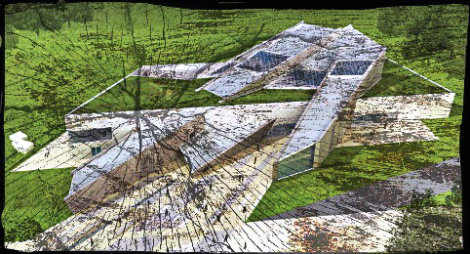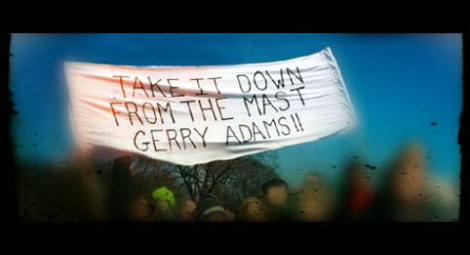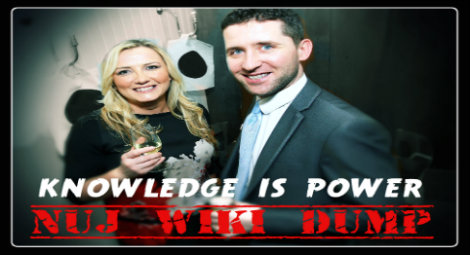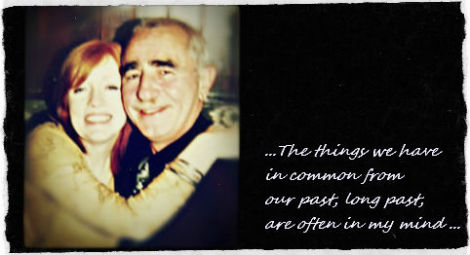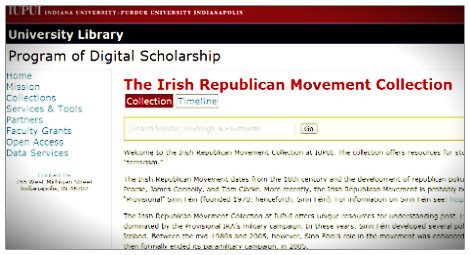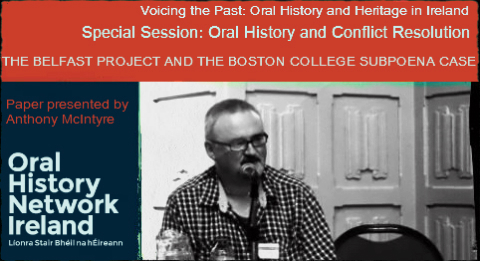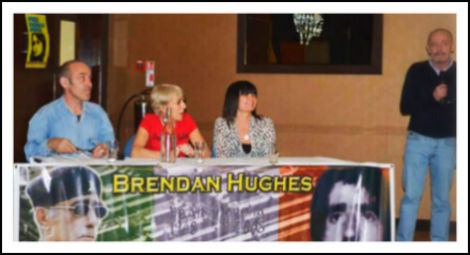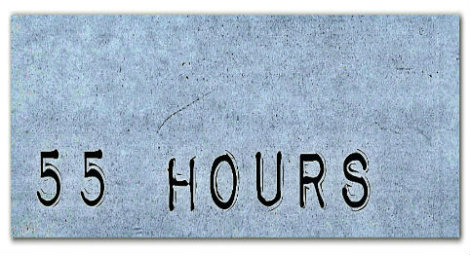Theatre is not one of my strong points. About a year ago I travelled to Belfast to review the Martin Lynch Chronicles of Long Kesh for the Belfast Telegraph. I had earlier watched another Lynch production and a while earlier Des by the late Brian Campbell. That was about the sum of my experience of theatre over a period of many years. It was an experience that was to be added to when my wife bought tickets for a play, Oliver, staged by The Little Duke Theatre in the Droichead Arts Centre. We took the kids over in the anticipation of a good night out and also in the hope that they might contemplate a side of life they have been lucky to avoid: abject poverty and brutal economic subjugation which pushed many their age onto the streets to beg and steal. A touch over ambitious on my part for the four year old as it proved to be. His mind is as yet uncluttered by the problems of economic survival, either his own or others.
The Little Duke Theatre provides a serious cultural outlet for the town of Drogheda and it is to the credit of those who staff it that their work has been of such quality that the project flourishes in difficult times. The Droichead Arts Centre houses a comfortable theatre which combines good acoustics with adequate ventilation; so unlike some of the stuffy cinemas we have on occasion frequented. We took our seats and settled down for 19th Century London calling.
My father had been a reader of Charles Dickens, author of the novel Oliver Twist, and while I never ventured into his works I grew up in a world where his books were omnipresent and serialisations were frequently broadcast on Sunday afternoon television. Martin Chuzzlewit, David Copperfield, Little Nell, Jacob Marlowe and Ebenezer Scrooge are names that have stayed ingrained on my mind decades later. The film Oliver Twist we watched so often that the narrative holds no surprises for me.
This was an artistically efficient rendering of the story of Oliver Twist, something Dickens himself may well have smiled on with pride. While professional performers assumed key roles like Mr Bumble, Mr Brownlow, Fagin, the input from an accompanying young local cast was top rate. There was even a young child on stage, seemingly younger than my four year old who had drifted off to sleep on my knee. How it managed to keep step with the rest of the cast was astounding. Talent in abundance.
Backed up by song and dance, this was a wonderful performance. ‘You’ve got to pick a pocket or two’ taps its way through my mind while reflecting on the play. Oliver’s impertinence, the Artful Dodger’s wiliness, Fagin’s guile and Sykes' violence all interacted against of a London back drop which featured London Bridge, Paddington Green and the workhouse to convey to the audience a glimpse of life in 19th century Britain. In terms of poverty what was on display in Oliver must have been similar to what Dublin, just 40 minutes down the road, of the same era was.
Production over, we made our way out into a cold January evening. It was a bit too much for the youngest of our children to take in. He had succumbed to sleep on my lap about three quarters of the way through. But for his older sister Oliver ‘was good, actually great; loved it.’ Reason enough to have gone.













